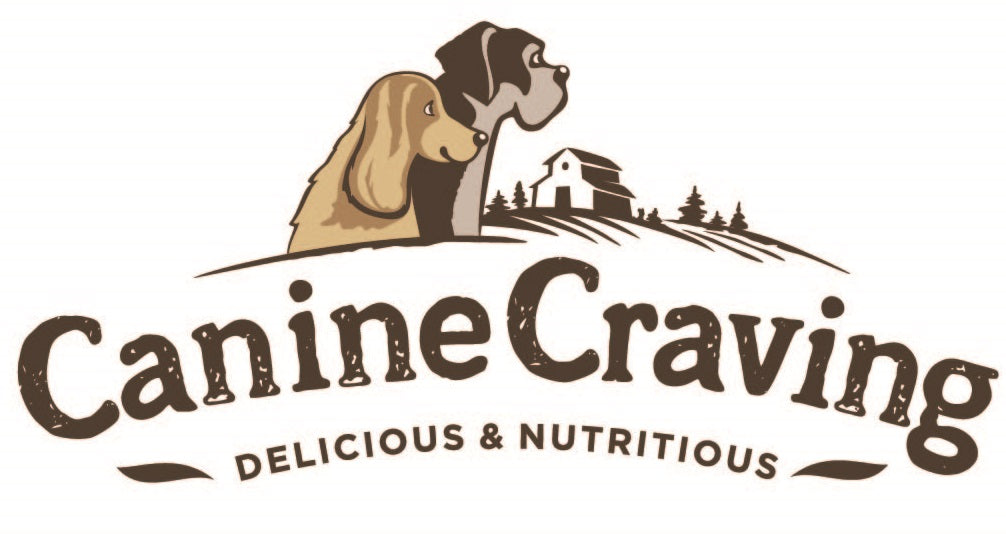Introduction
Nutrients are the building blocks of body; help in growth, sustenance and reproduction. The requirement for dietary nutrient intake applies to all living beings but the composition differs from organism to organism depending on its constituent, environmental condition, activity needs, purpose etc. They are mainly obtained from what we eat, are source of energy and part of the metabolism necessary for growth and maintenance. The main categories of nutrients that a dog needs for optimum healthy living are as below –
- Proteins
Basic building blocks for cells, tissues, organs, enzymes, hormones and antibodies. They are essential for growth, maintenance and reproduction. Can be found in mainly two sources-
- Animal based- meats such as chicken, lamb, beef, fish, eggs* etc. (one with complete amino acid profiles)
- Plant based – vegetables, lentils, cereals etc. (considered incomplete proteins)
- Carbohydrates
Source of energy, key for gastrointestinal health and also important for reproduction. Carbohydrates provides glucose, which is converted into energy to support body functions and activities. While there is no minimum carbohydrate requirement, there is a minimum glucose requirement necessary to supply energy to critical organs such as the brain.
The healthiest sources of carbohydrates—unprocessed or minimally processed whole grains, vegetables, fruits and beans—promote good health by delivering vitamins, minerals, fiber, and a host of important phytonutrients.
Fibers also controls the bacterial flora in the small intestine of the digestive tract, which helps to manage gastrointestinal balance digestion of food. It is recommended to have fiber source moderately fermentable for the dogs to optimally utilize it.
*High fiber foods are not good for dogs with high energy requirements, (specially the growing puppies and working dogs) as dog’s digestive system is not designed to digest high amounts of plant-based fiber.
- Fats
Fats are the most concentrated form of food energy. It values to be more than twice the energy of proteins or carbohydrates. Fats are essential to the cell structure, few of the hormone production. It is also required for absorption and utilization of some vitamins. Not to forget, the layer of fat in our body also provide insulation and protection for internal organs. A deficiency of essential fatty acids leads to stunted growth and dermatological/ coat issues.
- Vitamins
Small amount of vitamins are necessary for normal metabolic functioning. As most vitamins are not synthesized in the body, hence, they needs to be obtained through the diet.
Vitamins are of two kinds – Fat and water soluble. Vitamin supplement are not necessary unless a specific deficiency is diagnosed. Over supplementation (hypervitaminosis), specially in the case of fat soluble vitamins, poisoning can occur. For example, excess vitamin D may result in very dense bones, soft tissue calcification and kidney failure. Excess vitamin A may result in bone and joint pain, brittle bones and dry skin.
- Minerals (including Trace Minerals)
Minerals are chemical elements, crucial for structural constituents of bones and teeth, for maintaining fluid balance and metabolic reactions. The five major minerals for body are calcium, phosphorus, potassium, sodium, and magnesium, rest all are called trace minerals. Animals can not synthesize minerals at all, hence, it needs to be provided through diet.
- Water
Water in the body of a pet, constitutes of 60 to 70% of its body weight. Water is essential for maintaining fluid balance and metabolic reactions. Pets must always have fresh and clean water source available to them; the moisture content in the food (specially commercial) is not sufficient for them to function normally. Deficiency of water (drop of more than 10%) can prove to be fatal for them.
Adapted from the following sources-
- https://en.wikipedia.org/wiki/Nutrient
- https://www.aspca.org/pet-care/dog-care/dog-nutrition-tips
- https://www.hsph.harvard.edu/nutritionsource/carbohydrates/



